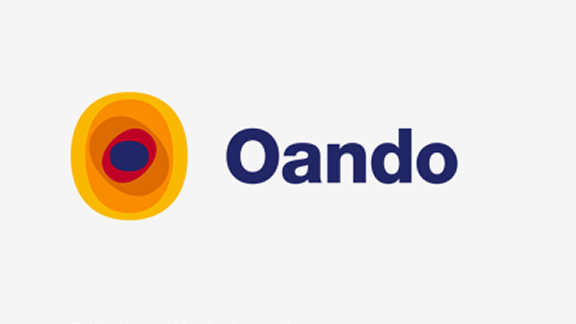Oando Plc, a Nigerian oil company, has recently made headlines by being shortlisted as one of the three final contenders for the takeover of Petrotrin, Trinidad and Tobago’s state-owned refinery. This announcement was made by Trinidad’s Finance Minister, Colm Imbert, during a national budget presentation on September 30. The competing finalists, alongside Oando, include a Trinidadian consortium known as CRO Consortium and an American firm named INCA Energy. Out of an initial ten proposals, these three have been deemed the most viable, kicking off the next phase of the bidding process, which aims to identify the most suitable company for the refinery’s revival.
The bidding process officially started in February 2024 when the Trinidadian government hired US-based Scotia Capital to manage the procurement process and invite expressions of interest. This meticulous approach highlights the government’s commitment to restoring the operational capacity of a facility that has been dormant since its closure in 2018. In his budget speech, Imbert indicated that a formal selective Request for Proposals (RFP) will be initiated among the three shortlisted companies. The objective is to explore the feasibility of restarting refinery operations, a move that could significantly impact Trinidad’s energy landscape.
The evaluation of the proposals received by the Trinidadian government included a rigorous set of criteria. Each contender was required to submit a comprehensive restart plan and timeline, detailing steps for infrastructure integrity, utility assessment (including energy, gas, and water), and crude supply origins. Additionally, a viable financing structure was critical, covering not only working capital but also a cooperative agreement with the Trinidadian state oil company, Paria. This agreement would aim to ensure national fuel security and manage crude supply in coordination with Heritage’s operations, exemplifying the government’s focus on safeguarding public interests during the refinery takeover.
The backdrop to this bidding process is the tumultuous history of the Petrotrin refinery, which has not been in operation since 2018 due to overwhelming financial challenges. Prime Minister Keith Rowley cited annual losses of up to $2 billion and acknowledged the company’s staggering accumulated losses reached $15 billion by the time of the last audit. The financial burden of $3 billion in public debt imposed on the nation because of Petrotrin underscores the urgent need for a sustainable solution. The refinery’s closure resulted in Trinidad and Tobago facing a dual challenge, as it historically relies on crude oil production but also has a significant dependence on imported petroleum products to meet its energy needs.
The refinery, located in Pointe-a-Pierre, has a storied history dating back to its construction in 1917, marking Trinidad as a key oil supplier in the Caribbean. Originally owned by Trinidad Leaseholds and acquired by Texaco in 1956, it experienced nationalization in 1984. The evolution of Petrotrin in 1993 led to the restructuring of the refinery’s ownership and management, paving the way for its eventual closure in 2018. In this reorganization, Petrotrin was split into four entities, with Guaracara Refining Company becoming the holding company for the refinery and associated assets up for sale.
Oando Plc’s recent acquisition of Nigerian Agip Oil Company for $783 million is significant in this context, as it enhances Oando’s foothold in the oil and gas sector, positioning the company favorably amid the fierce competition for Petrotrin. With control over 40 oil and gas fields, including 24 that are currently producing, this strategic acquisition has broadened Oando’s operational scope and influence in the market. As Trinidad approaches the final stages of selecting a new operator for Petrotrin, the outcome of this process could reshape not only the company’s future but also the broader energy dynamics in Trinidad and Tobago, benefiting local employment and energy security.














